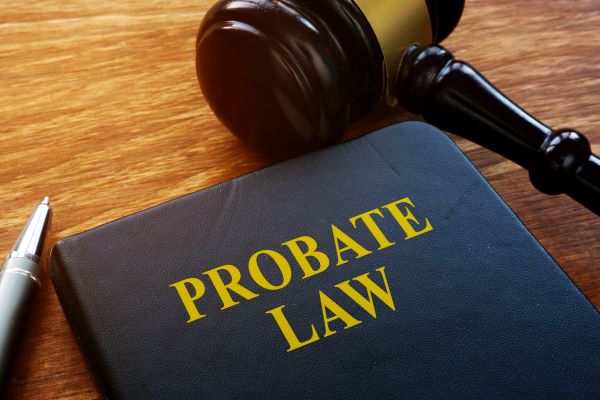
Frequently Asked Questions About Living Trusts
Living trusts can be an incredibly useful element of your estate plan, but many people do not understand exactly what a living trust is, how it works and the benefits it can offer.
Below are answers to some of the most frequently asked questions we receive about living trusts:
Q: What are the benefits of having a living trust?
Any property you leave behind in a living trust is exempt from the probate process. This process can often extend for months before heirs are able to receive their inheritance, and can lead to a chunk of the estate value being eaten by court and lawyer’s fees. Therefore, a living trust can help you save money on your estate while sparing your loved ones from quite a bit of hassle after your death.
Q: How much does it cost to create a living trust?
Many people are under the misconception that creating a trust is expensive. However, the process is not much more complicated than developing a will, and therefore similar in cost. While you may create a living trust on your own, it is always advisable to work with an attorney to make sure you are developing it in accordance with the law.
Q: Are the contents of my trust made public?
No—unlike a will, the contents of a trust are never made public. The public nature of wills is because they must be submitted to a probate court, which then publishes the contents.
Q: Are the contents of a living trust shielded from creditors?
No. Any creditor who takes legal action against you and wins can go after your trust property, as if it was still owned in your name. After you pass away, all property you owned at the time of your death (including assets held in a living trust) are also fair game for creditors to go after. For example, if you place your house in your living trust and that asset passes down to your children upon your death, a creditor could approach your children and demand they pay the owed debt up to the home’s value.
Even though the house is in the trust, real estate ownership is public record, so creditors can find out who owns it and its value.
Q: Do I still need a will if I have a living trust?
Yes. A will is a great back-up tool for transferring property. It can be written to include a clause that names one or more people to inherit all property not being left to a specific beneficiary. It is also a good way of passing down assets that have less financial value or fewer potential legal complications.
To learn more about creating a valid living trust, contact a dedicated Ohio estate planning lawyer at Seif & McNamee, LLC.



